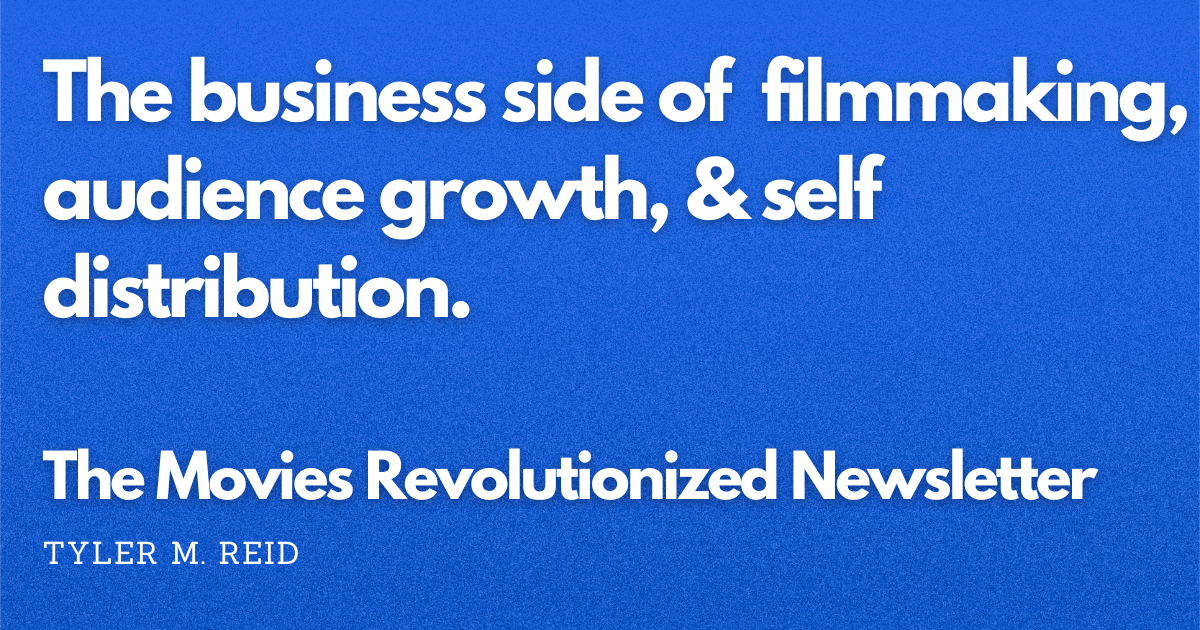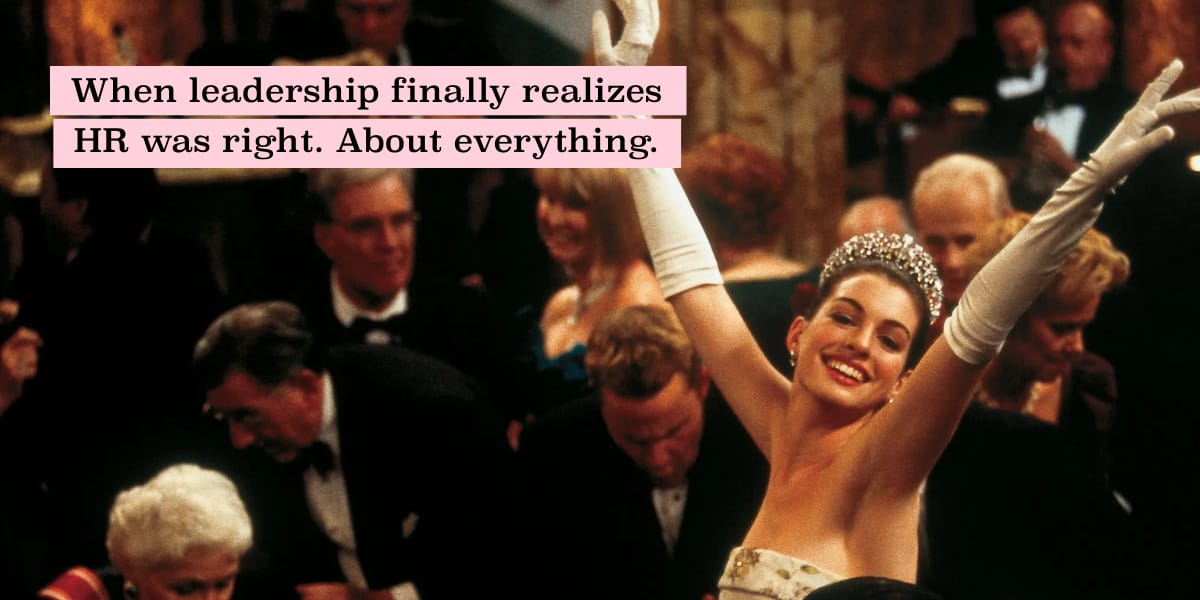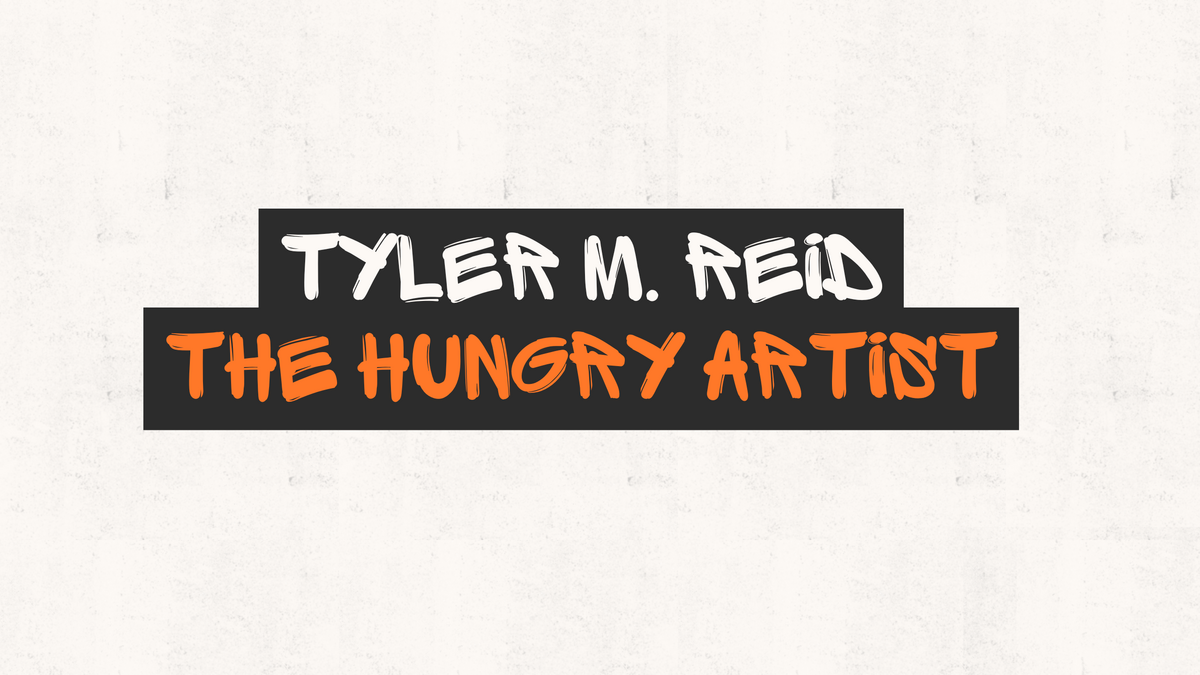Content Creation Has a Three-Act Structure
I seeing people say things like this:
“I’m a filmmaker, not a content creator.”
“I’m a writer, not a content creator.”
I get it.
You didn’t get into film, or writing, or any creative path thinking, “Man, I can’t wait to post on LinkedIn or record vertical videos every day on TikTok.”
You wanted to make something that lasts. Something real.
And in a world full of posts and algorithms, it’s easy to feel like content is the opposite of that.
But it’s not.
You don’t have to choose between being a filmmaker and being a content creator. You don’t stop being a storyteller just because you also start sharing your process.
Content creation is literally another form of storytelling. It’s you telling the story about your story.
And like every good story, it has a three-act structure.
I am a member for Storie Society (free by the way) and I have been enjoying engaging with other filmmakers and storytellers. It is probably my favorite community to be a part of.
Soon my Filmmaking Lab will live under the same roof as Storie Society. Getting your film made is all about experimenting and even better when you can do it with other storytellers.
Act One: Awareness
Act One is the messy beginning.
It’s when you start sharing your ideas out loud, even when nobody’s really paying attention.
You’re figuring out your themes. Your tone. Your rhythm.
This is the “just make stuff” phase.
You write. You post. You talk about what you’re building, what you’re learning, what you’re stuck on.
At first it feels like shouting into the void. You get ten views on a post, maybe one comment if you’re lucky. But this is where the real work happens.
You’re finding your footing. You’re discovering how to show up in public without overthinking it.
Like a character that is showing up in the first act and we are just learning about that character and their world.
It’s not glamorous, but this is where your story begins. And if you stick with it, you start to notice something small but powerful, you’re building awareness. Not just from others, but from yourself. You’re seeing what matters to you, and what you actually have to say.
Act Two: Trust
Then something changes.
You start to find your rhythm. You notice what resonates. You realize there’s a difference between what you think people care about and what actually connects.
This is your midpoint. The moment where you realize you can’t go back to Act One, because now you’ve seen what’s possible. You’ve built momentum. You’ve grown confident enough to stop chasing attention and start focusing on value.
People begin to trust you. Not because you’re suddenly “an expert,” but because you’re consistent. Because your voice sounds like you. Because they can sense that you’re doing the work, not faking it.
Trust is what builds the bridge between your world and theirs.
It’s the part where your story stops being background noise and starts becoming part of someone else’s routine.
And that’s when opportunities start to line up in the distance.
Act Three: Opportunity
This is where everything that felt slow suddenly compounds.
People reach out. Someone wants to collaborate. Someone else wants to invest, hire, or feature you.
You start to get messages that begin with, “I’ve been following your work for a while…”
That’s not luck. That’s storytelling working exactly the way it always has, by connecting, over time, with people who care.
Act Three isn’t a happy ending, it’s the continuation of the story, just at a new level. You’ve put in the time to show up, and now your storytelling has weight.
And the best part? You didn’t have to trade your craft for it. You just learned to use a different tool.
So don’t think of content creation as “being an influencer.”
Think of it as practicing the thing you already are, a storyteller.
Filmmakers, writers, creatives, content isn’t separate from your craft. It’s an amplifier. A way to pull people into your world, one post, one thought, one story at a time.
Tell the story of your story.
That’s it.
That’s how you should see content creation.
The best HR advice comes from people who’ve been in the trenches.
That’s what this newsletter delivers.
I Hate it Here is your insider’s guide to surviving and thriving in HR, from someone who’s been there. It’s not about theory or buzzwords — it’s about practical, real-world advice for navigating everything from tricky managers to messy policies.
Every newsletter is written by Hebba Youssef — a Chief People Officer who’s seen it all and is here to share what actually works (and what doesn’t). We’re talking real talk, real strategies, and real support — all with a side of humor to keep you sane.
Because HR shouldn’t feel like a thankless job. And you shouldn’t feel alone in it.
PS: If you want to go deeper, the Filmmaker Lab is the easiest way to learn how to fund your film and avoid the traps that stall most indie projects. Details here
PPS: I also keep a few spots open each month for 30-minute Clarity Sessions. They’re focused on helping you get unstuck, make sharper decisions, and leave with a tailored blueprint. If you’re interested, reply to this email.
PPPS: Do you run a company, brand, or film festival? Want to get in front of nearly 3,000 indie filmmakers each week? Sponsorships for this newsletter are available — details here: SPONSORSHIP




